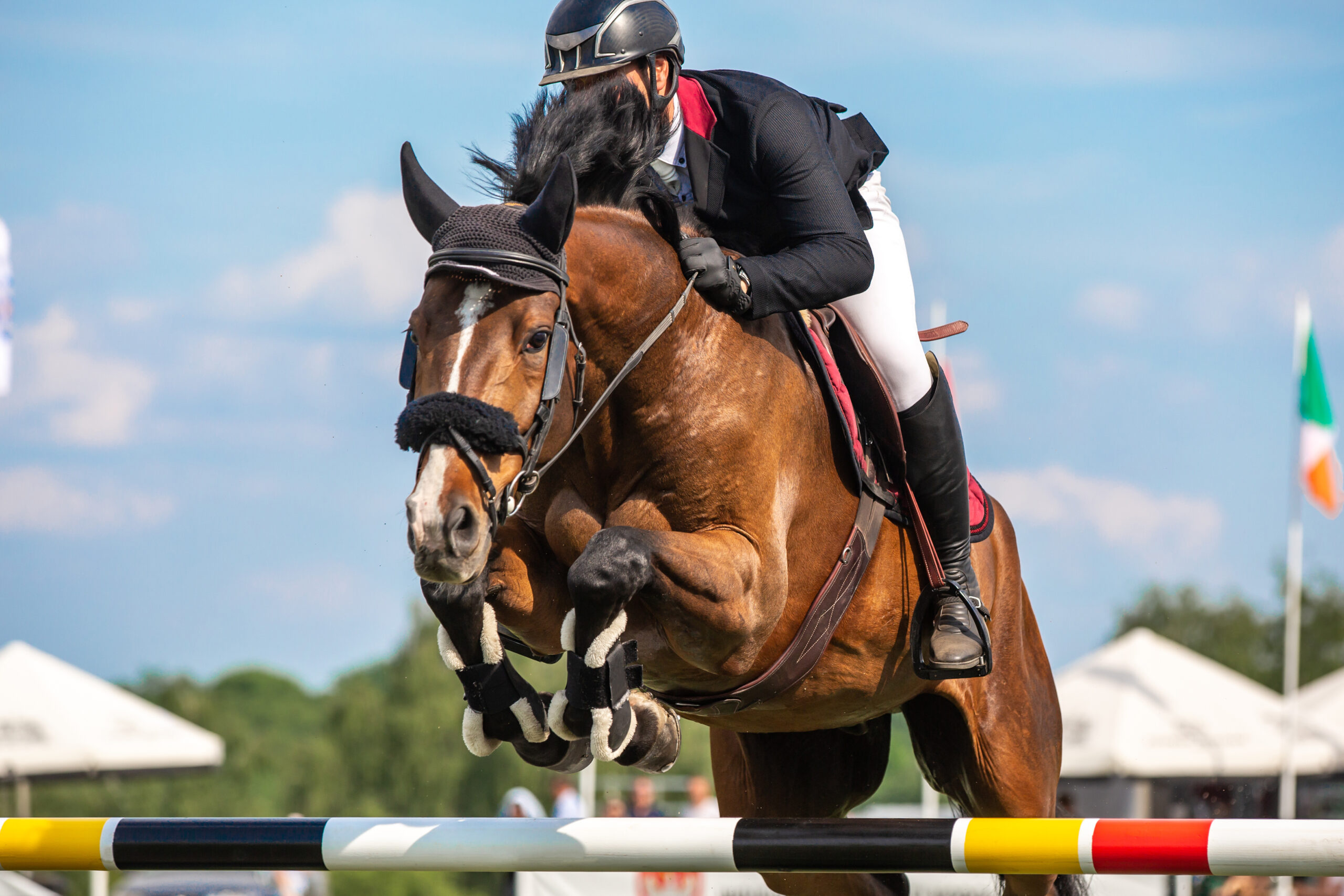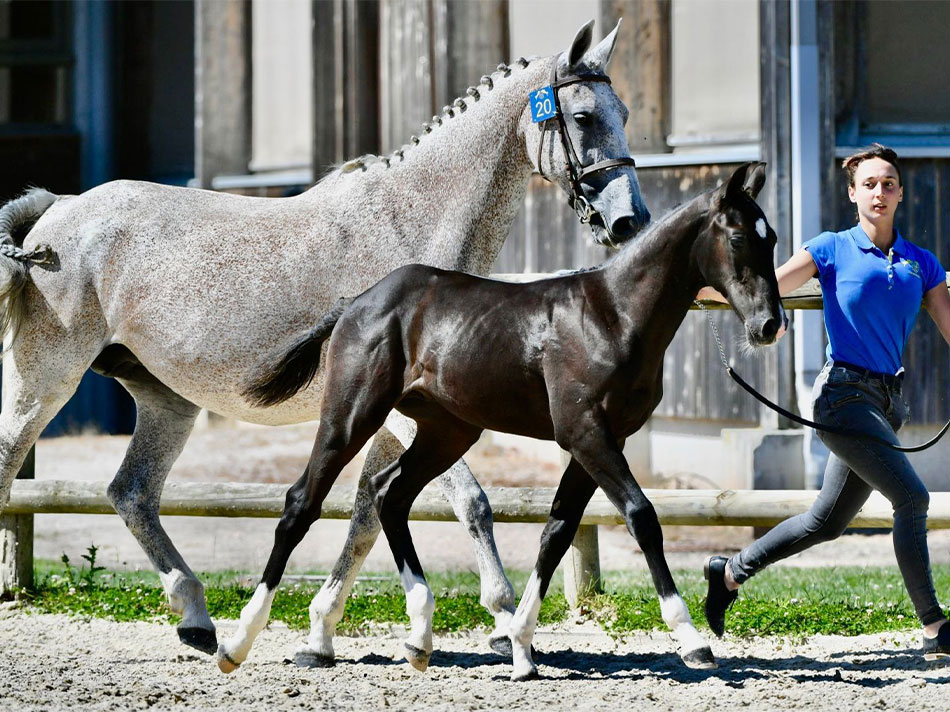- Accueil
- Out-of Competition Doping Control: Issues and Debates
Out-of Competition Doping Control: Issues and Debates
At the last International Equestrian Federation (FEI) forum held in April 2024, committee members and various experts met to discuss potential changes in the anti-doping regulations applicable for horses. Although the overhaul of the rules applicable to doping control to horses has not been finalized yet, this forum provided an opportunity to lead a consultation, especially on the subject of out of competition controls in particular.
It is expected that the FEI will publish a first draft of the revised anti-doping rules applicable for horses on June 26, 2024. As horse riding is an Olympic sport, the equine anti-doping rules will need to be approved by the World Anti-Doping Agency (WADA). The first stages of this initiative will start in January 2025 with a pilot phase aimed to test and refine the procedures. The full setting-up and the integration of new rules into FEI anti-doping regulation is planned for early 2026.
Complexity and Controversy of Out-Of-Competition Controls:
Although out-of-competition anti-doping controls are well settled, out-of-competition controls remain a complex and controversial subject. This forum highlighted the logistical, legal and ethical challenges associated with this initiative and thus to explore potential solutions based on successful international experiences.
Out-of-competition doping controls aim to prevent the use of forbidden substances outside official competitions, where horses may be prepared with illicit means to improve their performance. The FEI recognizes this necessity but notices that despite the possibilities offered by article 5.1 of the anti-doping regulation, these controls are rarely activated in practice. Recent discussions have highlighted two main difficulties: determining who is responsible for out-of-competition testing and gaining access to where horses are hosted.
Determining of the Responsible Person:
One of the main debates concerns the person designated as responsible for out-of-competition controls. In endurance, it is relatively simple to appoint the coach, who is already heavily involved in the everyday gestion of the horses. However, for disciplines such as dressage or show jumping, where horses may be under the supervision of their owners living in a different country, the situation becomes more complicated.
During a out-of-competition test in Spain, for example, the question of responsibility arises acutely: is it the rider, who is not physically present, the owner who managed care from a distance, or the local trainer? One potential concept is to say by default that the horse owner should be the responsible person, but in practice, owners are often in the background when it comes to training the horse and may not even know their location at any given time.
One proposal was to mahe athletes declare the person responsible to the FEI, while limiting this list to owners, trainers, riders and veterinarians to avoid convenience declarations.
Horse Access and Private Property
One of the main challenges in setting up out-of-competition controls is how to access horses, often located on private property. Unlike controls in competitions, horses can be found in a variety of locations, often privately owned, making controls more complicated. Clearly, the FEI as such cannot be authorized to enter private property without the rider, trainer or owner reserving the right to refuse.
The FEI propose to use GPS technology via a dedicated application to track in real time the horse’s location. However, question have been raised about the accuracy of this method, as well as its acceptance by owners and trainers. A balance needs to be struck between respect for owners’ privacy and the effectiveness of controls.
International examples and Solutions:
Germany introduced out-of-competition testing for national team members in Olympic disciples, carried out in collaboration with an external organization and based on bilateral contracts between the athletes and the federation. This system ensures that riders are aware of their obligations and accept the consequences of non-conformity.
In Ireland, anti-doping controls in training have been particularly developed in recent years, thanks in particular to changes in national regulation that have allowed vets in charge of controls access to horse training facilities housing horses, thereby overcoming logistical obstacles.
It was clarified that out-of-competition controls and sanctions would only cover prohibited substances and not controlled substances, ensuring that riders who treated a horse with legitimate medication while the horse was at rest were not penalized.
Implementation and Education
The implementation of out-of-competition controls requires a strict and balanced approach. The FEI could consider awareness programs to inform all the interested parties of the new rules and best practices in horse management. Education owners, trainers and athletes about the risks and consequences of doping is essential to prevent anti-doping violations before they occur.
Conclusion
In order to implement such a system, it is crucial to adopt a balanced approach that takes into account the rights and responsibilities of all the interested parties, while ensuring transparency and fairness in the doping control process. The FEI must also work closely with national federations and regulatory authorities to harmonize practices and ensure the effectiveness of out-of-competition testing worldwide. This initiative, though complex, represents an important stap toward a cleaner and fairer equestrian sport.



